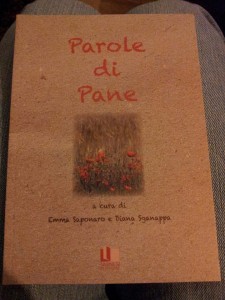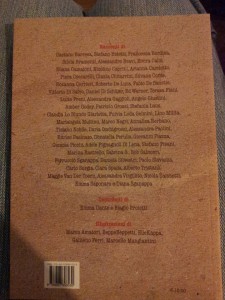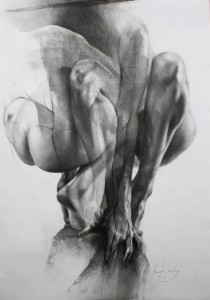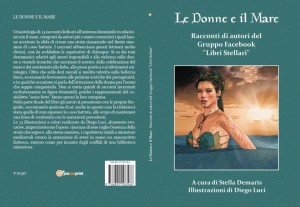May 21, 2013
Jorge Rafael Videla Redondo (Mercedes, August 2, 1925 – Buenos Aires, May 17, 2013) was an Argentine military, which was dictator and de facto president of his country between 1976 and 1981 as well as responsible for crimes against humanity.
His government was marked by human rights violations and conflicts border with Chile that nearly erupted into open warfare. He was sentenced to two life sentences and 50 years in prison for crimes against humanity, including the murder and torture of 30,000 people. He served his sentence in prison Marcos Paz, Buenos Aires, until his death.

Videla. Picture taken HERE
You, Videla put a strain on secular piety for the dead. It is too easy to place you in the category of tyrants or dictators, sadistic and depraved, or in one of the executors of cold and inhuman.
You, the forces of repression, financial and industrial devices along with elements of the clergy and the average upper middle class (as it was decades ago) have ably maintained business relations and international politicians to maintain power.
You and cultural and ideological means of reproduction have exploited the image of the Cold War between the Soviet Union and China against the U.S. and Europe, shifting political scenarios in South America, for the simple dominance. In fact, you helped to kill communists, socialists, Christians, libertarians, liberals, atheists, agnostics, non-political, anarchists, and people who do not even know where they were the two great superpowers.
You have not only imprisoned, repressed and killed. You have organized an efficient and rational system of suppressing the people and their respective biography. You stole their children and even those who were yet to be born, waiting for the mothers gave birth in prison and then kill them, without the child could touch them. You have marked the unborn with other identities and thou hast also given up for adoption to the families of prison guards. It is a mockery of mockery in this system is also used by dictatorial regimes of the past as the Nazis and Communists in Cambodia. This is to emphasize how these words are overused.
YOU have not been a charismatic leader or an emblem almost superhuman evil, like others before you, for which, in particular, that Austrian, I try hard to write the name. In fact you’re even elegant in appearance and manner. As usual, the rumored informal biographies of some vice. But in any case, your body, your voice, your image is not great. You can not even say that you are an evil genius and to believe it was all your fault, so that people can make a ritual of sacrifice totemic leader. You can not even consider you Below average, because the smart you were.
And this is the point: neither inhuman nor superhuman, nor sick, nor genius. And even mere employee, because of quality even after you have shown your deposition and late imprisonment for all these past thirty years. Did you continue, you, and others along with you, to conceal, to cause indirect violence in the veil the truth and to keep the old equipment still in sixth, albeit in different forms.
Even today, the truth is violated. You did not provide admissions, and you have also narrated that he acted according to necessity and order. The norm. And without a vulgar show obstinacy in a lie, you have not explained, but you have consistently acted in a discreet way. And sometimes her makeup your face with the rhetoric for the sake of the people of Argentina. Already: the people of Argentina!

Videla – Picture taken HERE
You, Videla, are a problem for us Italians, even more than for other nations, because some structures still obscure in our country have helped you. But this is a minor element compared to the fact that half of the Argentine people in the 70s and 80s was ITALIAN. And you’re also dead, because all you had around, it is here in Italy. We have not come to terms with our history, which is shrouded in an apparent forgetfulness that affects us. We here in Italy we are slaves of words and patterns of decades ago. OUR YOU are a continuing problem.
YOU are not evil: I’ve served with discretion and with sufficient capacity. Consciously you have caused pain every day without stopping for a second.
TU, even in death, continues to look like a respectable monster the norm.






